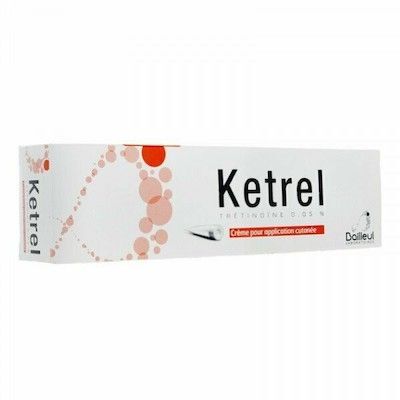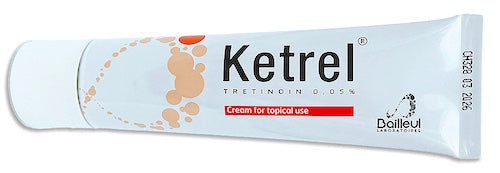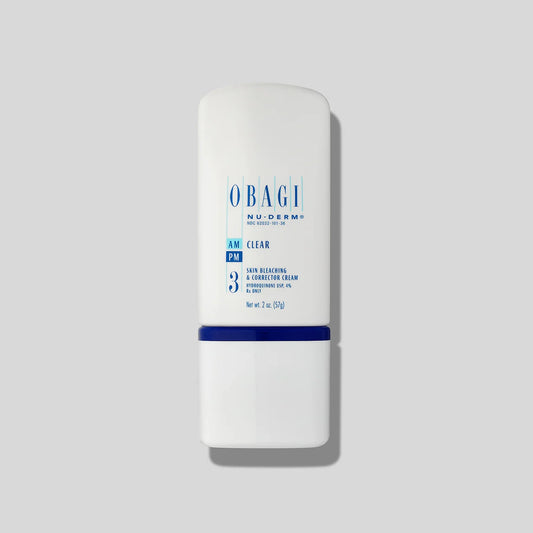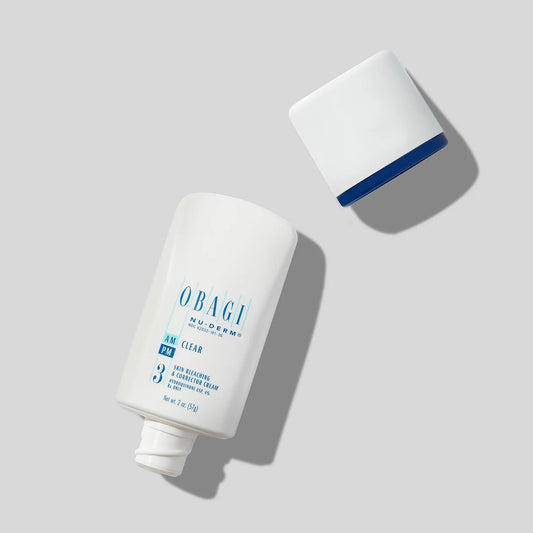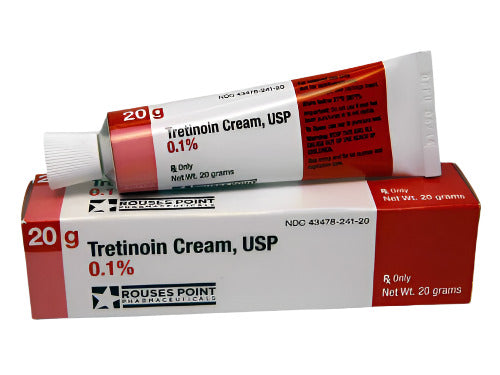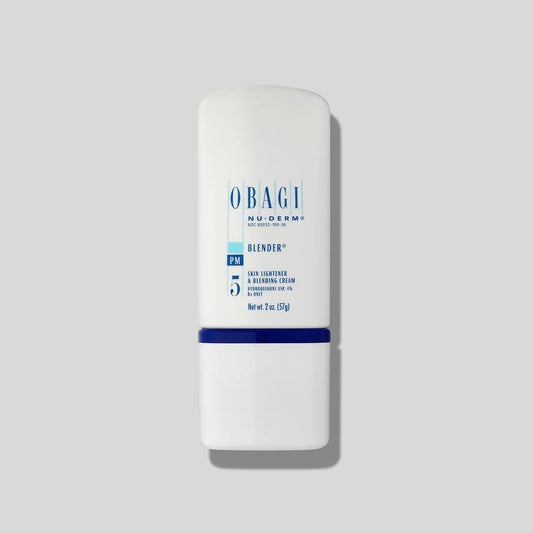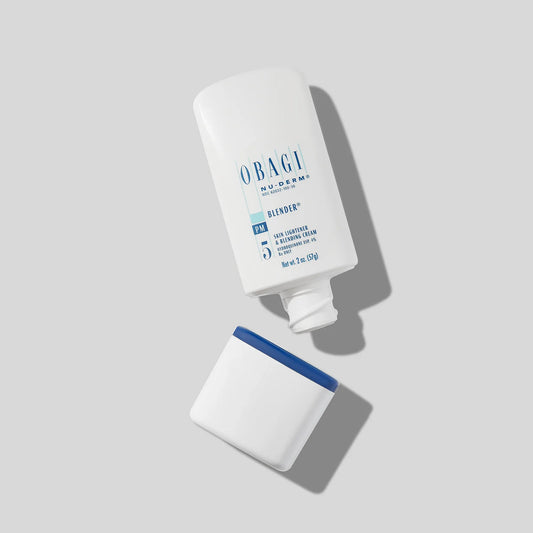As summer arrives, so too does a wave of skincare misinformation — and one of the most persistent myths is that you should stop using retinoids in warmer months. Whether you're using prescription-strength tretinoin or an over-the-counter retinol, you’ve likely heard that these ingredients make your skin too sensitive for summer use.
But is that really true?
The short answer: No — you don’t need to stop using retinoids during summer. With proper precautions, you can (and arguably should) continue your retinoid routine year-round for best results.
Let’s break down the facts.
Why the Myth Exists
The misconception stems from a kernel of truth: retinoids increase your skin’s sensitivity to sunlight. Tretinoin, in particular, accelerates cell turnover, thinning the stratum corneum (your outermost layer of skin), which can make your skin more susceptible to irritation from UV exposure.
That doesn’t mean the ingredient itself is dangerous in the sun — it means your skin needs more protection while using it. Unfortunately, this nuance has morphed into the blanket advice: “Stop using retinoids in summer.”
What the Research and Dermatologists Say
There is no clinical evidence suggesting that tretinoin or retinol must be discontinued during summer months. In fact, dermatologists routinely recommend year-round use — particularly for concerns like acne, hyperpigmentation, and photoaging — which benefit from consistent, long-term treatment.
Retinoids are not rendered inactive by sun exposure on your skin, though some formulations can break down if exposed to sunlight in the bottle — which is why they are packaged in opaque containers and applied at night.
Bottom line: you can safely use retinoids in summer if you apply them properly and protect your skin.
How to Use Retinoids Safely in Summer
If you’re continuing tretinoin or retinol through the warmer months, here are a few essential guidelines:
-
Apply only at night.
UV exposure can degrade some retinoids, and nighttime use also reduces the risk of irritation. -
Use daily sunscreen (SPF 30 or higher).
A broad-spectrum sunscreen is non-negotiable. Apply it every morning and reapply during the day if outdoors. -
Layer with supportive skincare.
Incorporate barrier-strengthening ingredients like ceramides, niacinamide, and humectants (like glycerin or hyaluronic acid). -
Wear physical protection.
Wide-brimmed hats, sunglasses, and seeking shade during peak UV hours can go a long way. -
Adjust frequency if needed.
If you’re experiencing irritation or planning extended sun exposure (like a beach holiday), reduce application to every other night — or pause temporarily, based on your skin’s needs.
When You Might Consider Taking a Break
You don’t need to stop using tretinoin or retinol in summer — but you might choose to reduce frequency if:
-
You’re spending prolonged time in direct sun with limited shade (e.g., hiking trips, beach holidays).
-
Your skin becomes more prone to irritation due to heat, sweat, or swimming.
-
You’ve recently increased concentration or introduced a new formula and are still adjusting.
The goal is balance, not avoidance.
The Bottom Line
You don’t have to give up your retinoid routine just because it’s summer. With smart sun protection and barrier-conscious skincare, tretinoin and retinol can remain a part of your regimen year-round — delivering the long-term results they’re designed for.
Consistency matters. And so does education. At Skin by Science, we believe skincare shouldn’t be ruled by fear or myths — just evidence.


